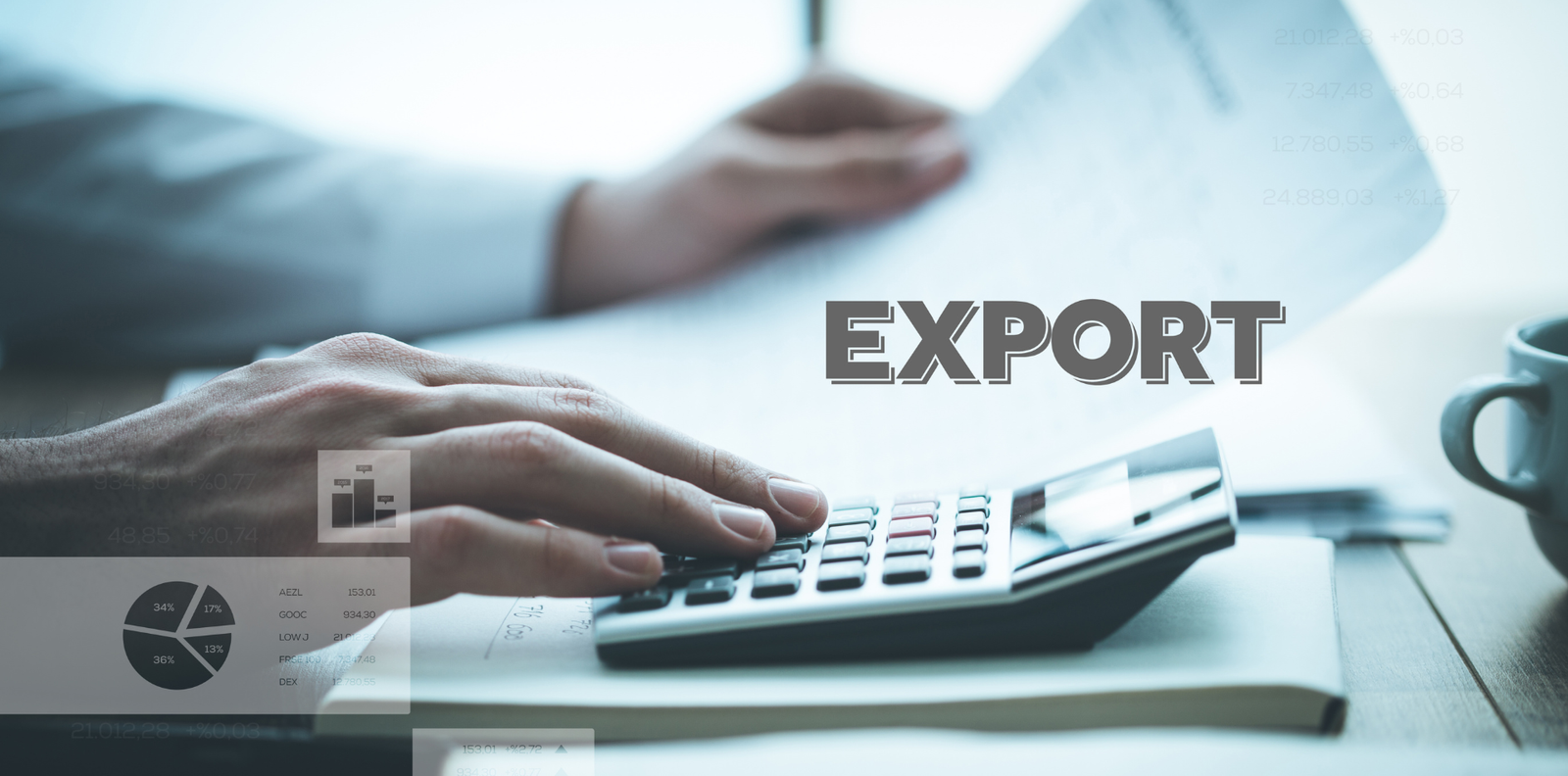As global economies evolve, so does the landscape of international trade. The import-export industry continues to adapt to technological advancements, shifting consumer preferences, and dynamic geopolitical factors. Staying informed about emerging trends is essential for businesses aiming to remain competitive in 2025. This blog delves into the key trends shaping global trade and highlights what businesses should watch to leverage growth opportunities.
Key Trends Transforming Global Import-Export Trade in 2025
1. Digitalization and E-Commerce Integration
The integration of digital platforms in global trade is accelerating. E-commerce companies are expanding cross-border operations, making it easier for small and medium enterprises (SMEs) to access international markets. Digital trade platforms streamline processes like inventory management, order tracking, and payment systems, reducing operational complexities.
2. Sustainability and Green Trade Practices
Sustainability is no longer optional; it’s a necessity. Importers and exporters are prioritizing eco-friendly practices, such as reducing carbon footprints, adopting green packaging, and sourcing sustainable raw materials. Governments and consumers are increasingly favoring environmentally responsible businesses, creating a significant shift toward green trade.
3. Reshoring and Regionalization
Global supply chains are becoming more localized due to geopolitical tensions and the aftermath of the COVID-19 pandemic. Reshoring and nearshoring are growing trends as businesses seek to minimize risks and reduce dependence on distant suppliers. This shift emphasizes regional trade agreements and partnerships.
4. Blockchain in Supply Chain Management
Blockchain technology is revolutionizing supply chain transparency and security. By providing real-time data on shipments and transactions, blockchain reduces fraud, improves traceability, and fosters trust among trade partners. It’s becoming a cornerstone of future-ready supply chains.
5. Rise of Emerging Markets
Emerging markets like Southeast Asia, Africa, and South America are becoming significant players in global trade. With rising consumer demand, improved infrastructure, and supportive trade policies, these regions present lucrative opportunities for import-export businesses.
6. Focus on Trade Policy and Compliance
Navigating the complex landscape of international trade regulations remains a priority. Businesses are investing in compliance management to avoid penalties and ensure smooth operations. Digital tools and consultancy services are gaining traction to simplify regulatory adherence.
What This Means for Businesses
The import-export landscape in 2025 will demand adaptability, innovation, and a commitment to sustainability. Businesses that leverage technology, embrace green practices, and diversify markets will gain a competitive edge. Partnering with experts in global trade will be crucial to navigate the complexities and capitalize on emerging opportunities.
The Simple Solutions Impex Advantage
As global trade evolves, Simple Solutions Impex stays ahead of the curve to empower your business. Here’s why we’re your trusted partner:
– Tech-Driven Approach: Harnessing digital tools for streamlined import-export processes.
– Sustainability Focus: Implementing green practices to align with global trends.
– Expertise in Compliance: Ensuring adherence to evolving trade regulations.
– Global Network: Access to emerging markets and established trade networks.
– Personalized Solutions: Tailored strategies to meet your unique business needs.
Conclusion
The future of global import-export trade in 2025 is brimming with opportunities for those prepared to embrace change and innovation. Simple Solutions Impex is here to help your business navigate these trends, offering expertise, technology-driven solutions, and a commitment to your success.
Partner with Simple Solutions Impex to make 2025 a milestone year for your global trade journey. Contact us today to stay ahead in the ever-changing world of international trade!




